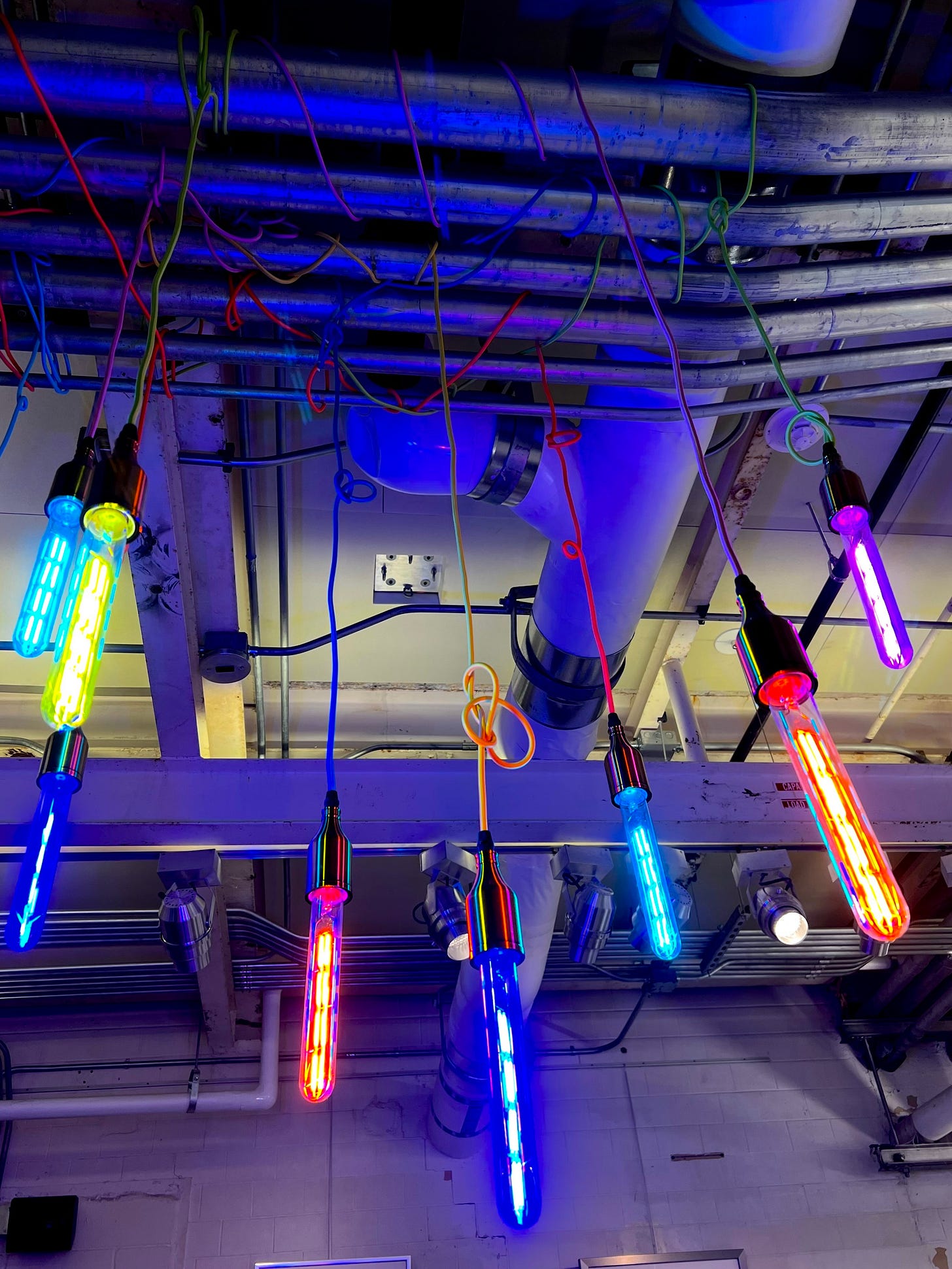Things I Saw This Week - Friday, December 24
TISTW is a collection of reads, visuals, and music, curated by Elle Perry, a Memphis-based journalist, featuring art and culture, food, cities, and more. (Issue No. 131)
Keep reading with a 7-day free trial
Subscribe to Things I Saw This Week to keep reading this post and get 7 days of free access to the full post archives.



